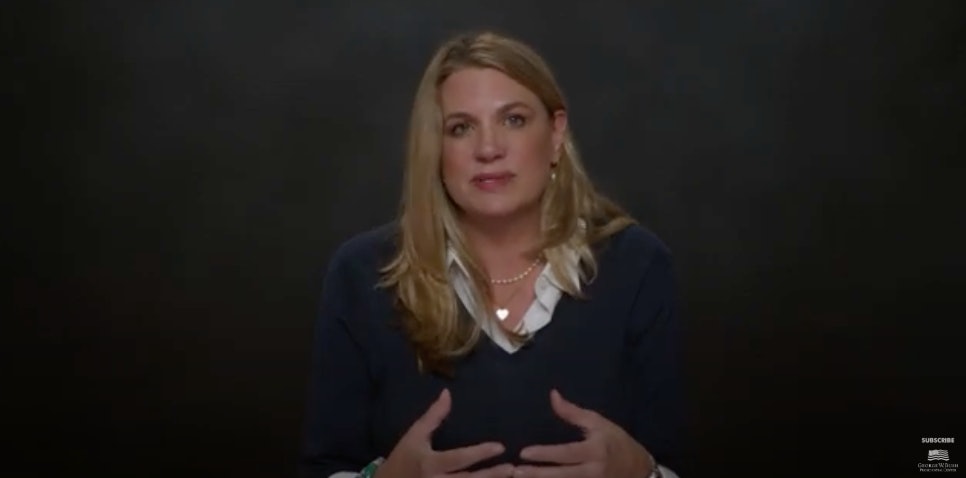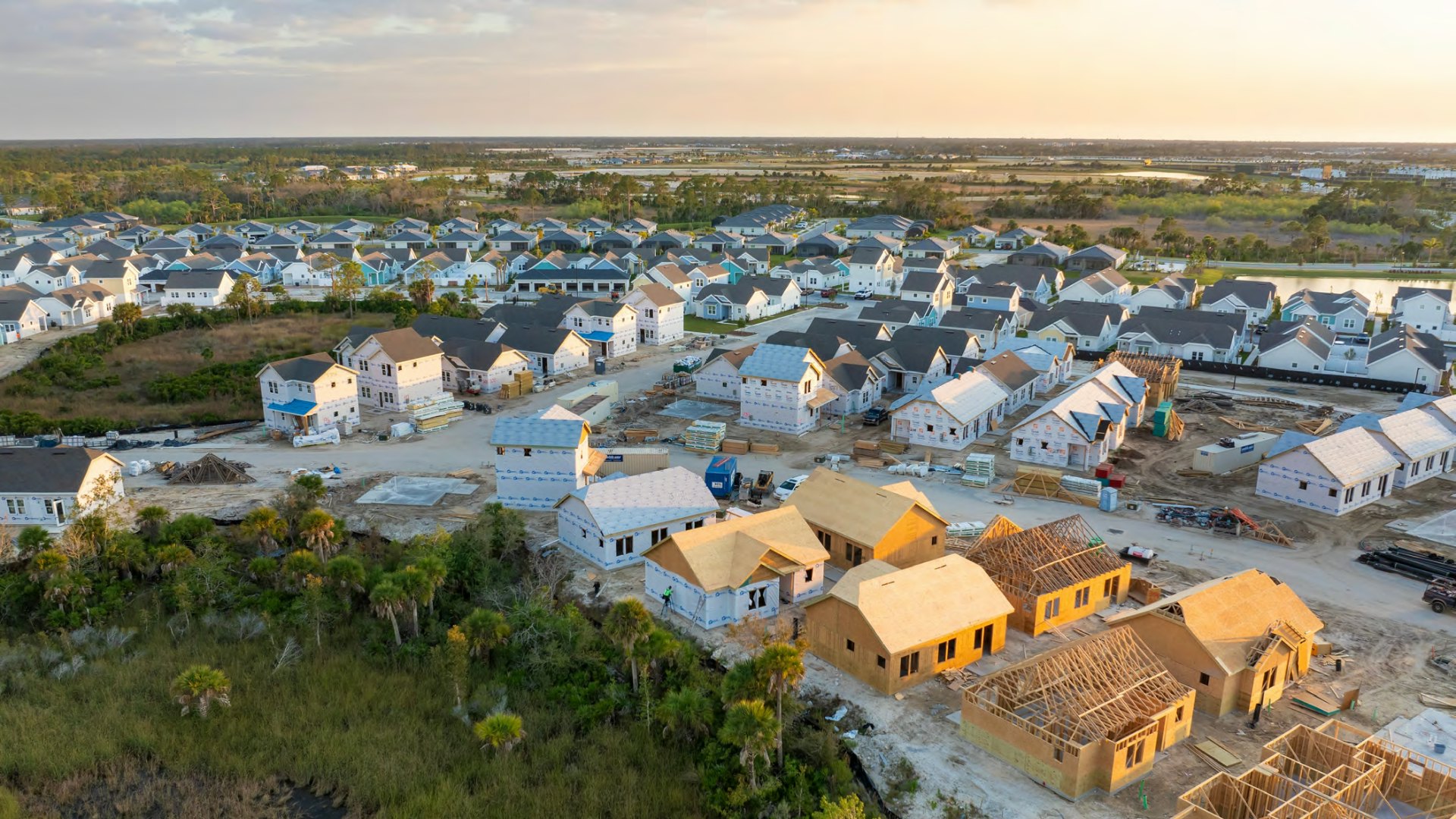This week, Managing Director of the Bush Institute-SMU Economic Growth Initiative Matthew Rooney tells us more about his work with Central America, what he’s reading, and how he’s been spending his free time.
In our Meet the Experts series, we chat with Bush Institute experts about their areas of expertise, what drives their work, and we gain a few personal insights as well.
Who is someone in the economic growth space everyone should be following right now?
I think Thomas L. Friedman has a better analysis of the globalization process of the past century and the stress it has put on our social and economic model than anyone else currently writing on the topic. He is a globalist in the sense that he understands that globalization is preferable to any of the available alternatives, but he is not a Pollyanna: he recognizes that market liberalization outstripped our domestic policy responses. His proposals for a more effective policy response are worth thinking carefully about.
What is your favorite project you’ve worked on at the Bush Institute?
Our Central America Prosperity Project (CAPP). Too few Americans understand how closely the economies and societies of Central America are linked to the U.S. and how important their prosperity is to our own. We have a strong interest in seeing that those societies thrive, and CAPP has been a remarkable opportunity to contribute to their search for a path to stronger and more sustained economic growth.
What’s your top goal for the Bush Institute-SMU Economic Growth Initiative in 2021?
As we fully roll out our Blueprint for Opportunity program and deepen our work on immigration reform, we have an opportunity to present a comprehensive vision for how the U.S. economy can thrive and prosper for the coming century. I want our voice to be at the center of the national conversation about how we make sure we are passing to our children a wealthy and powerful America that they can be as proud of as we have been in our lifetimes.
What are you reading right now?
Coffeeland, by Augustine Sedgewick. It is a fascinating history of coffee and how it became America’s – and the world’s – beverage of choice, focusing on the coffee industry of El Salvador and how its emergence in the late 19th century shaped and was shaped by America’s consumption.
What initiative would you work on at the Bush Center if you weren’t a specialist in economic growth?
Human Freedom. I think political and personal freedom are the flip side of the coin of free markets and economic freedom in general: people should be able to choose what to buy just like they choose what to believe.
Where is the first place you’re traveling once COVID-19 isn’t an issue?
Baltimore, to see my son. In fact, I confess that we already have our tickets booked for Thanksgiving.
If you were to write a book about your life, what would the title be and why?
Mind Wide Open. I have been so privileged in my career to represent this great country as a diplomat in Africa, Latin America and Europe, a career that gave me innumerable opportunities to learn how others see the world. Sometimes people think the diplomat is so busy understanding the foreigners that they lose sight of their country’s interests, but my experience has been that those insights into what others are concerned about are a tool for explaining America’s perspectives and persuading others to support our objectives.
If you could trade places with anyone for a day, who would you choose?
A bookseller on the bank of the Seine in Paris. Imagine getting paid to spend the day in that lovely place chatting with people from all over the world. As long as it could be a breezy summer day. February maybe not so much.
What would we most likely find you doing on the weekend?
I love museums of all kinds and generally seek them out when traveling as well as at home. I enjoy contemplating Impressionist painting at the Dallas Museum of Art as much as I enjoy flying over Dallas in an antique fighter plane from the collection at the Cavanaugh Flight Museum in Addison. And I am always up for a visit to a small-town local history museum, where you learn the darndest things about record-breaking turnips, the first submarines and the oldest continuously operating brewery in Germany.
































